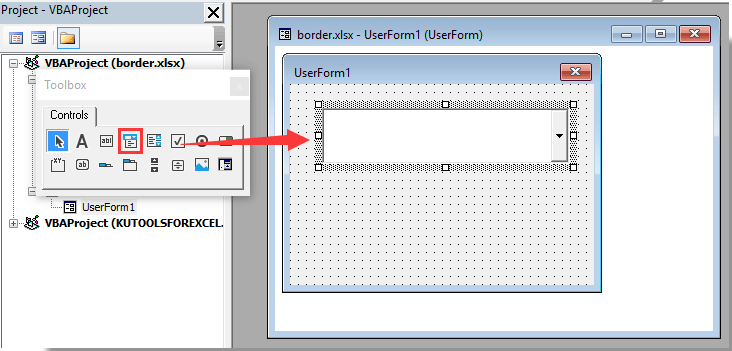DIY Divorce: Getting Papers Without a Lawyer Easily

Embarking on a DIY divorce might seem like a daunting process, especially when one envisions the legal intricacies involved. However, it is entirely possible to secure your divorce papers without a lawyer, simplifying the journey through court procedures. This post will guide you through the steps, tips, and considerations for achieving a divorce without professional legal help, ensuring you navigate through the system efficiently.
Why Choose DIY Divorce?

Opting for a DIY divorce can be both cost-effective and less time-consuming for couples whose separation is amicable and involves straightforward assets and child custody arrangements. Here are some benefits:
- Cost Savings: Avoid hefty attorney fees, saving you potentially thousands of dollars.
- Control: You maintain control over the process, ensuring that your decisions align with your desires and circumstances.
- Convenience: Online platforms and self-help resources make it possible to complete much of the work from the comfort of your home.
Step-by-Step Guide to DIY Divorce

1. Understanding Your State’s Requirements

Each state has its own set of laws governing divorce, so your first step is to:
- Research your state’s residency requirements.
- Familiarize yourself with the different types of divorce (no-fault, fault-based) available in your state.
- Determine if your state allows a pro se (DIY) divorce and what forms are needed.
2. Gathering Necessary Documents

Collect all relevant documents:
- Marriage Certificate
- Financial Statements (including income, debts, assets)
- List of Property and Assets
- Child-related documents if applicable (birth certificates, school records)
- Any prenup or postnup agreements
3. Preparing the Divorce Petition

The divorce petition is your official request for a divorce:
- Download or obtain the necessary forms from your local court’s website or clerk’s office.
- Fill out the forms with accurate, detailed information.
- Some courts offer fill-in-the-blank forms to make this easier.
💡 Note: Ensure all forms are notarized if your state requires this step.
4. Filing the Divorce Petition

Once your documents are ready:
- File the divorce petition at your local county court.
- Pay the filing fee, or request a fee waiver if you qualify.
- Serve your spouse with the divorce papers as per your state’s service of process rules.
5. Negotiating and Finalizing Agreements

Work with your spouse to:
- Negotiate property division, child custody, support, and other pertinent issues.
- Draft a settlement agreement if you reach an understanding.
- If no agreement is reached, prepare for potential court hearings.
6. Attending Court

Even in DIY divorces, attending court might be necessary:
- Prepare for any hearings or status conferences.
- Be ready to explain your case succinctly and accurately.
- Bring all your documents and completed forms.
7. Obtaining the Divorce Decree

Once everything is settled:
- Submit your final documents to the court for review and approval.
- Wait for the court to issue your divorce decree.
In conclusion, a DIY divorce can be straightforward if you are well-informed, organized, and communicate effectively with your spouse. It's not just about saving money; it's about maintaining control and ensuring your unique circumstances are considered. Remember, while this guide offers a pathway, individual situations can differ, so staying adaptable and open to seeking legal advice when in doubt can make all the difference.
Is a DIY divorce suitable for everyone?

+
While DIY divorce is ideal for amicable separations with straightforward issues, complex situations involving significant assets, businesses, or contentious custody battles might necessitate legal representation to ensure your interests are fully protected.
What if my spouse is uncooperative during the DIY divorce process?

+
If your spouse is uncooperative, serving them with papers might require legal process servers. Additionally, you might need to go to court to resolve disputes, where presenting your case effectively becomes crucial.
Can I change my mind if I start a DIY divorce and decide I need a lawyer?

+
Absolutely, you can transition from DIY to hiring an attorney at any point. If you encounter complexity or feel overwhelmed, engaging legal help can protect your interests and guide you through the remaining process.



